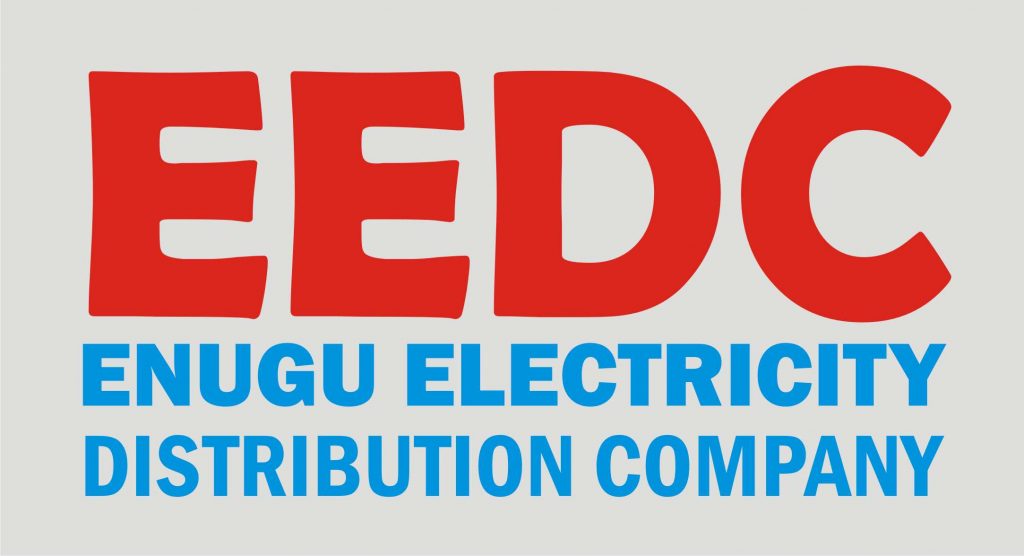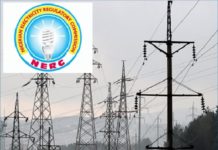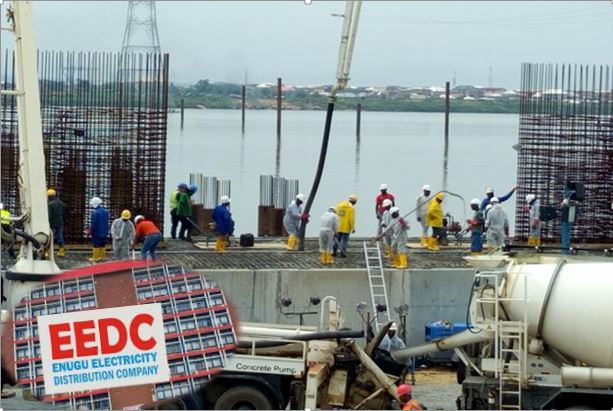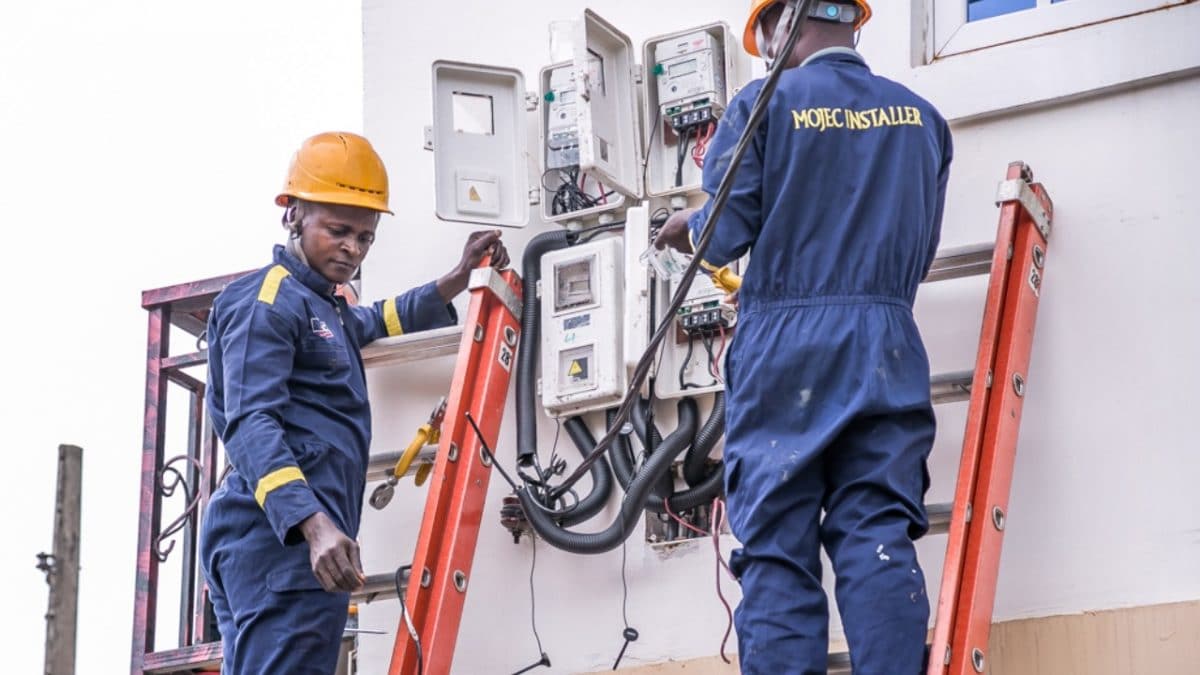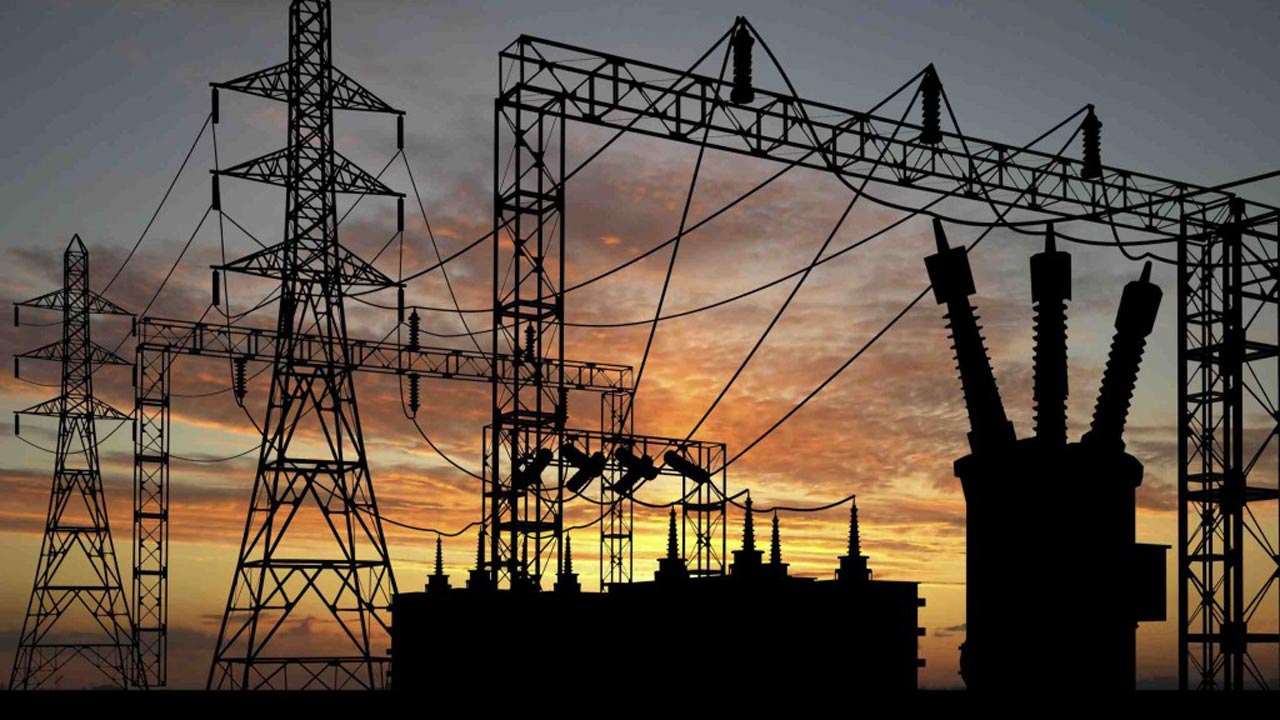
The Enugu Electricity Distribution PLC (EEDC), on Sunday, said it will commence implementation of the new service reflective electricity tariff from Wednesday, July 1, 2020.
Ths company stated that the new tariff became necessary to improve the efficiency of EEDC in delivering quality service to her customers and to equally ensure the sustenance of the Nigerian Electricity Supply Industry (NESI), in view of the prevailing economic realities, such as the high rate of inflation and the depreciation of Naira, which has largely impacted the foreign exchange rate.
This development is consistent with feedback received from customers during the various stakeholder consultations for extraordinary tariff review application held across Abia, Anambra, Ebonyi, Enugu and Imo states in February and March this year.
The new tariff, which is service reflective, is designed to ensure that the company delivers improved services to customers; while ensuring that they are billed based on service quality.
It is expected that the implementation of the new tariff will enable EEDC execute most of the capital-intensive projects already outlined, geared towards strengthening and expanding its network and delivering the expected quality service to her customers.
The new regime has given rise to changes in customer class categorization, as they are now represented in clusters, namely: NonMD, MD1 and MD2.
READ ALSO: Reps directs NERC to halt planned hike in electricity tariff
In the same vein, five distinctive bands (A-E) have been created to reflect the various service level and minimum hours of availability, a situation where a blanket/uniformed tariff no longer applies to all category of customers.
Those customers in “band A” are expected to enjoy supply for a minimum of 20 hours and above; those in “band B” are expected to enjoy supply for a minimum of 16 hours and above; those in “band C” are expected to enjoy supply for a minimum of 12 hours and above; those customers in “band D” are expected to enjoy supply for a minimum of 8 hours and above, while those in “band E” are expected to enjoy supply for a minimum of 4 hours.
According to the Head, Corporate Communications, Emeka Ezeh, “As a result of these changes and the service reflective nature of the new tariff, customers that enjoy premium services are expected to pay higher tariff based on their guaranteed hours of availability and service quality, while there won’t be any tariff increase for those customers that have a low level of supply and lower service quality.
“An effort will, however, be made by EEDC to improve on the quality of its services to this category of customers so they can enjoy better services and be migrated to the premium class. This is in line with the organisation’s strategy of implementing its Performance Improvement Plan (PIP) earlier submitted to its Regulator, the Nigerian Electricity Regulatory Commission (NERC).
“For optimal efficiency, EEDC will continue to work closely with its MAPs to intensify and speed up on meter installation to unmetered customers within the network, as part of effort towards enhancing revenue; while customers that are not yet metered are encouraged to take advantage of this scheme and apply to be metered.
“Actual details of the new tariff will be communicated to customers in subsequent engagements once it is released by the Regulator.
“EEDC, therefore, solicits the support of her customers at this point and assures them of her unrelenting commitment to consistently improve the quality of services,” he said.


